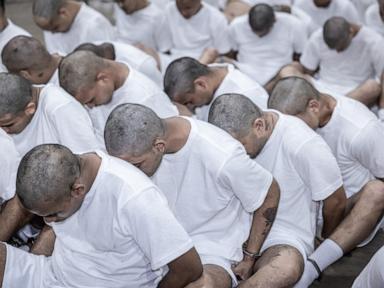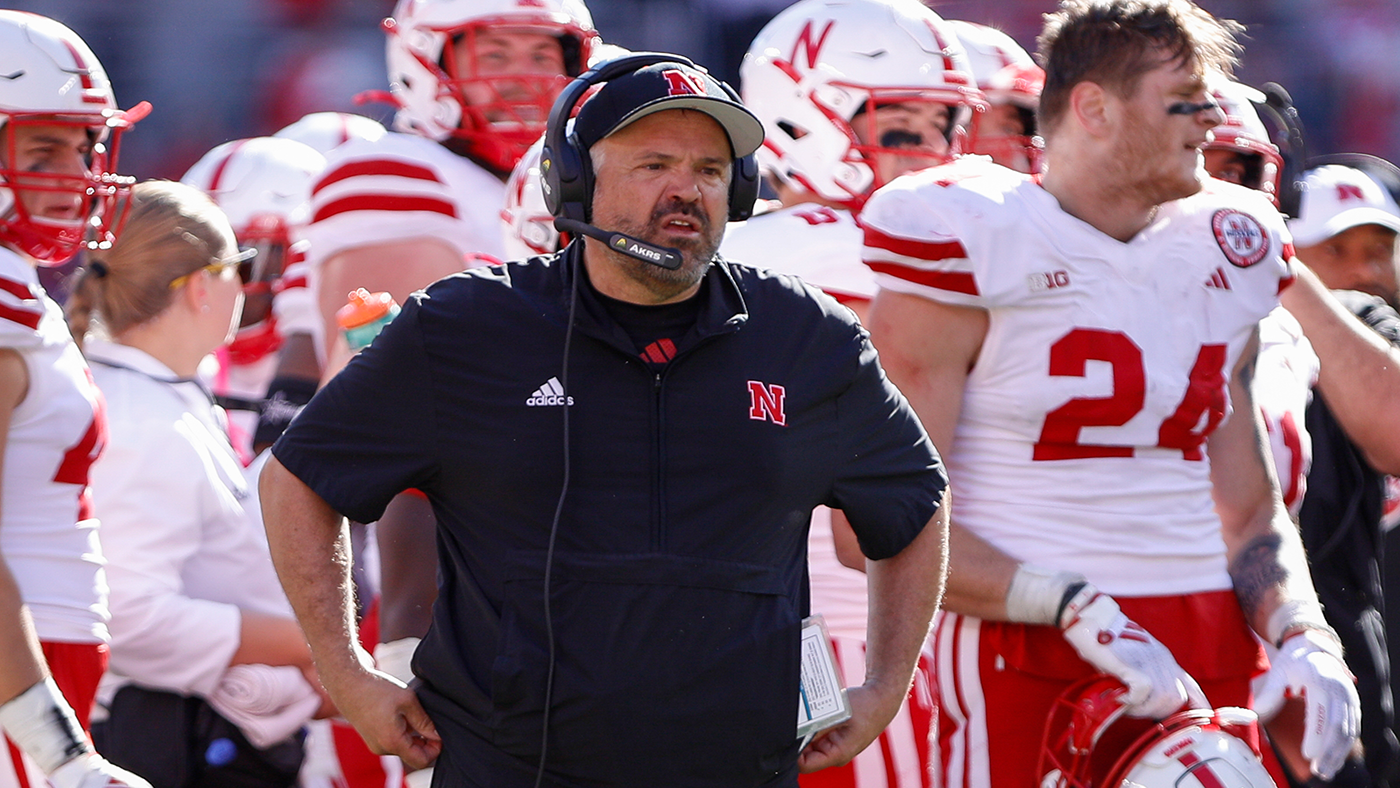Before the NCAA denied Colorado’s request to stage a spring football game against Syracuse, the two schools explained to the NCAA that a spring game between two teams would benefit players and reduce injury risk at a time of rapid change in college football.
The NCAA still shot down the request last week after the NCAA’s Division I FBS oversight committee opposed it. But documents obtained by USA TODAY Sports shed additional light on how Colorado pleaded its case for a waiver from NCAA rules that forbid a spring scrimmage between two teams at the major college level.
Colorado said it doesn’t plan to appeal the NCAA decision and instead will play itself in its annual intrasquad spring game April 19. Colorado head coach Deion Sanders had pushed the idea of practicing against another team, hoping to spice up the spring season at a time when several other schools are canceling their spring intrasquad games for various reasons.
In the documents, Colorado officials made the point that:
∎ Spring scrimmages against other teams are allowed at the NCAA Division II level. For example, Missouri Southern is hosting East Central in a spring scrimmage April 11.
∎ Practicing against another team would reduce injury risk to each team compared to practicing against your own teammates.
It would "limit the amount of practice repetitions in comparison to a normal practice where the limited number of (players) on our spring roster roll through a multitude of practice repetitions in an intrasquad setting," Colorado's request stated.
As an example, Colorado's request said 11 total players from each school are on the field at one time rather than 22 if one team is “practicing with its 1st team offense against its own 1st team defense.”
Syracuse also provided a letter to the NCAA that supported that.
“Practicing with another team allows for more game-like situations to be simulated, enhancing training effectiveness while reducing the exposure risks student-athletes face compared to practicing solely against their own team,” said the letter from Syracuse athletic trainer Drew Willson and senior associated athletic director Jon Mitchell. “This controlled, competitive setting would ultimately lower the overall injury for all participating student athletes.”
Colorado proposed it as a 'pilot program'
The NCAA turned down the request on the recommendation of the committee, which cited the request’s late timing after other football programs have planned and started spring practice. It didn’t ...















